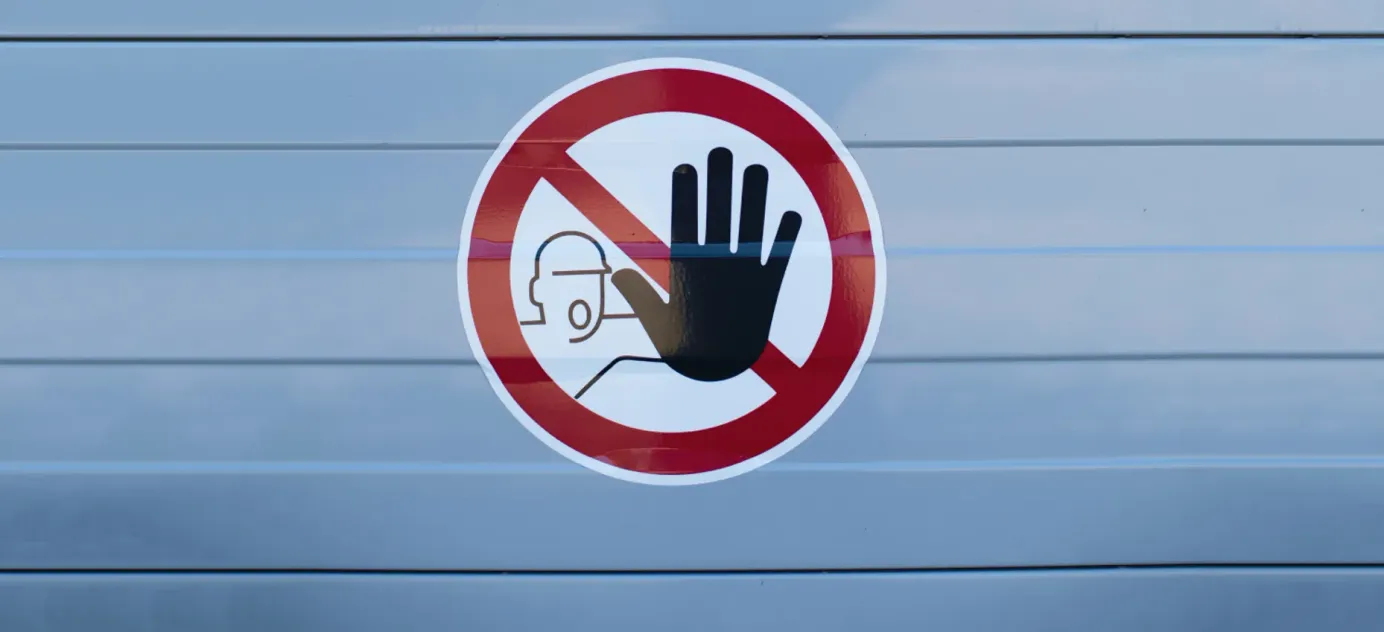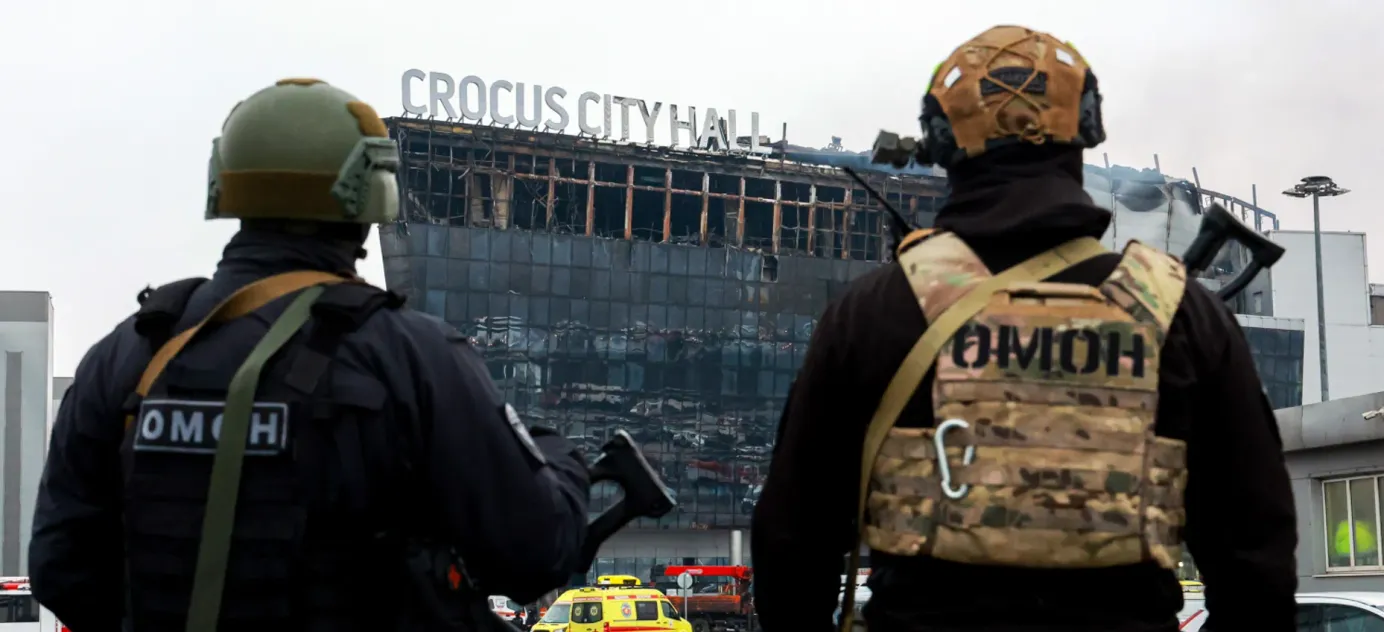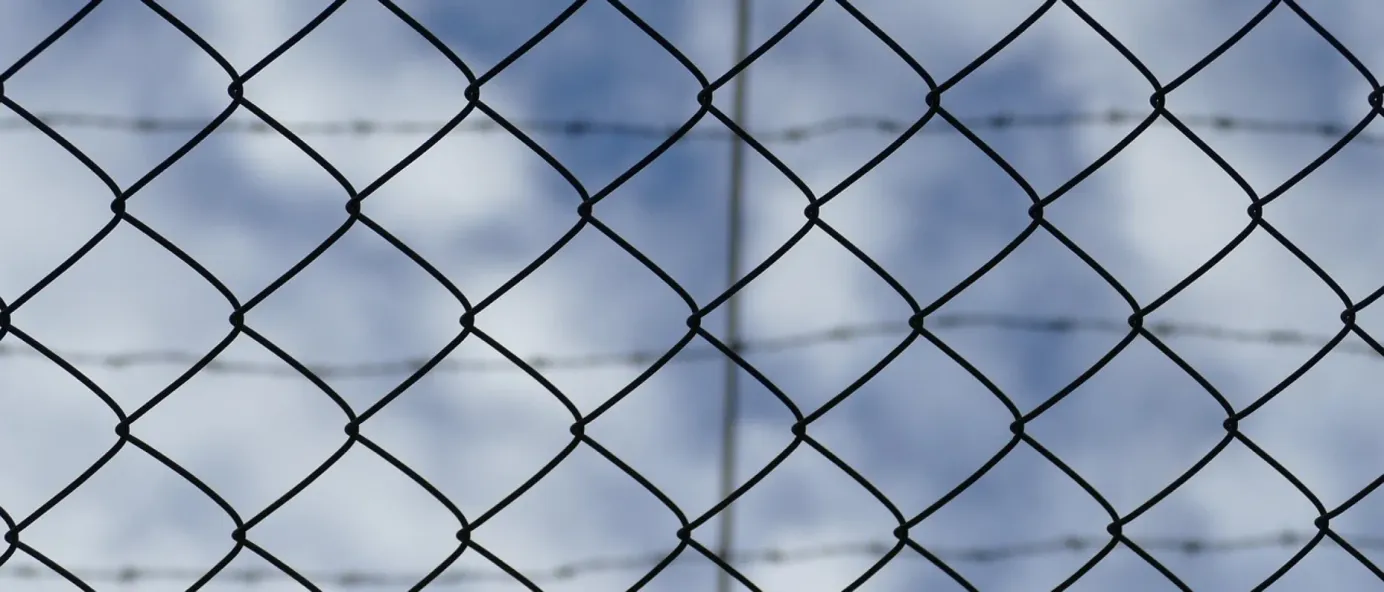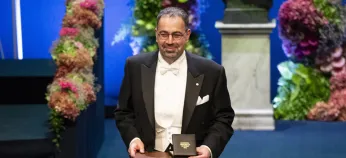
‘Reputation whitewashing’ scandal rocks Russian opposition
Yet another scandal is tearing the Russian opposition apart. This time, the Anti-Corruption Foundation (FBK), set up by the late Alexei Navalny, is under fire. Maxim Katz, a former municipal deputy turned popular YouTuber, released an investigation that accuses the foundation of close ties with fugitive Russian bankers and alleged that the organization is receiving funds from people who are accused of fraud.
- Katz’s video is dedicated to Alexander Zheleznyak and Sergei Leontiev, the former co-founders of Probusinessbank. In the 2010s, the bank ranked 51st in Russia in terms of its assets, but it was stripped of its license by the Central Bank in 2015 and later filed for bankruptcy. When checking the bank’s financial situation, the regulator found large-scale operations to withdraw assets and losses caused by the bank’s management, estimated to run into hundreds of millions of dollars. In 2017, Zheleznyak and Leontiev, who fled Russia as soon as Probusinessbank hit trouble, were arrested in absentia.
- In his investigation, Katz leaned heavily on the long-established facts of the Probusinessbank case, adding in some previously unpublished documents. Katz got these from a group of former depositors, led by Nerses Grigoryan, who are trying to sue to recover their money. The main allegation is that Zheleznyak and Leontiev stole billions from depositors in Probusinessbank and then fled Russia. Once in the West, they reinvented themselves as entrepreneurs persecuted because of their criticisms of Putin’s regime.
- Zheleznyak and Leontiev repeatedly claimed that their troubles with the authorities began after 2012 following an attempt to launch a bank cardfrom which 1% of purchases would be transferred to Navalny’s Anti-Corruption Foundation — at the bank’s expense rather than the cardholder’s. There were talks about releasing the card, but it never saw the light of day. Zheleznyak and Leontiev allegedly had to abandon the idea amid pressure from the government and the Central Bank. Katz disputes this account, saying that there were no visible sanctions from the authorities at the time. Later, Probusinessbank was entrusted with rehabilitating a bank that ran into problems and Zheleznyak was even presented with a state award and worked on the State Duma’s expert council on security and combating corruption.
- Zheleznyak and Leontiev have played a noticeable role in the Anti-Corruption Foundation from abroad in recent years. Katz alleges they have used it to try to whitewash their reputations. Zheleznyak was the founder of the group’s legal entity in the United States and signsimportant documents on its behalf each month, while Leontiev makes a monthly donation of $20,000.
- After the investigation was released, the Anti-Corruption Foundation’s leading figures did not comment on the substance of the allegations and called for their followers to wait for a more “detailed response” to follow. Chair Maria Pevchikh complained that “we will have to do this to the detriment of our real work.” Leonid Volkov, one of its directors who was last year embroiled in a scandal over issuing a letter in support of sanctioned Russian oligarchs, dismissed all claims of “whitewashing.”
- Mikhail Khodorkovsky, former oil magnate turned opposition figure who is also embroiled in a row with the Anti-Corruption Foundation over separate allegations, said that he was shocked at the reaction from the group and its failure to give a detailed response. “When an outrageous situation becomes public it raises the question of the need for greater transparency in the funding of opposition forces and the compliance of their activities with Western legal standards,” he said.
Why the world should care:
After the war in Ukraine and especially after the death of Alexei Navalny, there were great hopes for unity among the opposition in exile. This latest scandal shows yet again that this is unlikely to happen — at least in the foreseeable future. For now, it seems that key figures and groups are more interested in fighting their own turf wars than joining a collective struggle against the Putin regime.





